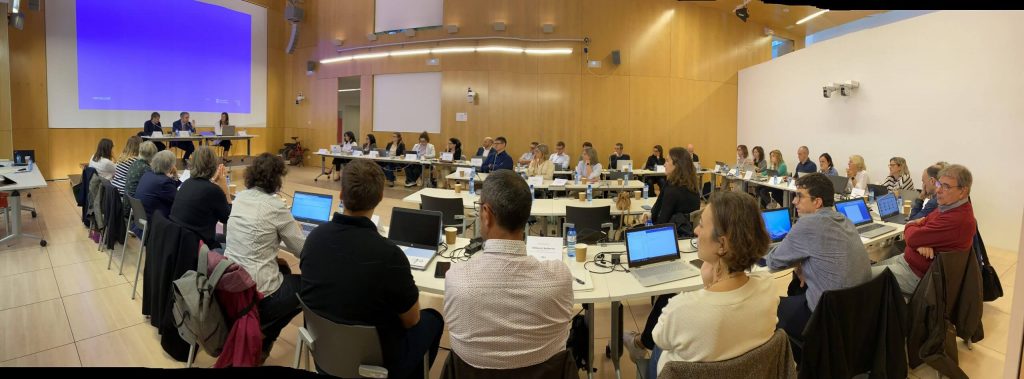In the last few months in this blog I have expressly avoided analysing the political situation in our country as it directly affects the activity of CERCA centres. This is not because the events we are going through are not relevant or do not affect us, but out of respect for the wide diversity of opinions of people working in the CERCA centres, in case my words are interpreted in different ways.
But today I think I can no longer remain silent in the face of certain actions. Yesterday morning the CERCA Institute and the CERCA centres, among other Catalan institutions, received a request from the Spanish Ministry of Finance (José Enrique Fernández de Moya Romero, SECRETARY OF STATE FOR FINANCE) asking for detailed information on our contractual, financial and sponsorship relations with certain people, companies and media, and on research projects. No argument or justification is given as to why this information is required, while the tone of the document is deeply regrettable. In over 20 years of working in government, I cannot remember ever having seen such a text before.
However, this requirement makes clear there are underlying political intentions that go beyond the acceptable actions of any Ministry of Finance. The ethics of senior officials in the ministry are questionable, when they initiate investigations that are more appropriate from a prosecutor’s office or court of law. At the same time, we have a number of major unresolved issues with this Ministry of Finance, that have still not been adequately addressed. So what are this ministry’s priorities regarding the CERCA centres? Asking for data on journalists, researchers and media suspected of who knows what? Or maybe they should be working to improve the tax (VAT) status of the centres, given that some have had to close 2017 at a loss, to comply with draconian tax conditions. In addition, the CERCA Institute and CERCA centres recently sent a request to the Ministry of Finance to free us from the useless and bureaucratic intervention in our bank accounts that has gone on for months, but the only answer has been intensifying this intervention in the last few weeks.
Given this situation, we must address the country, its citizens and its institutions to ask for a change in dynamics and to promote a true communion between all government bodies and research institutions. Instead of holding us back, we need support to help overcome the economic and administrative difficulties of our institutions. If not, we will remain a country known only for music and football, both highly respectable human activities but not enough to satisfy everyone’s concerns.



